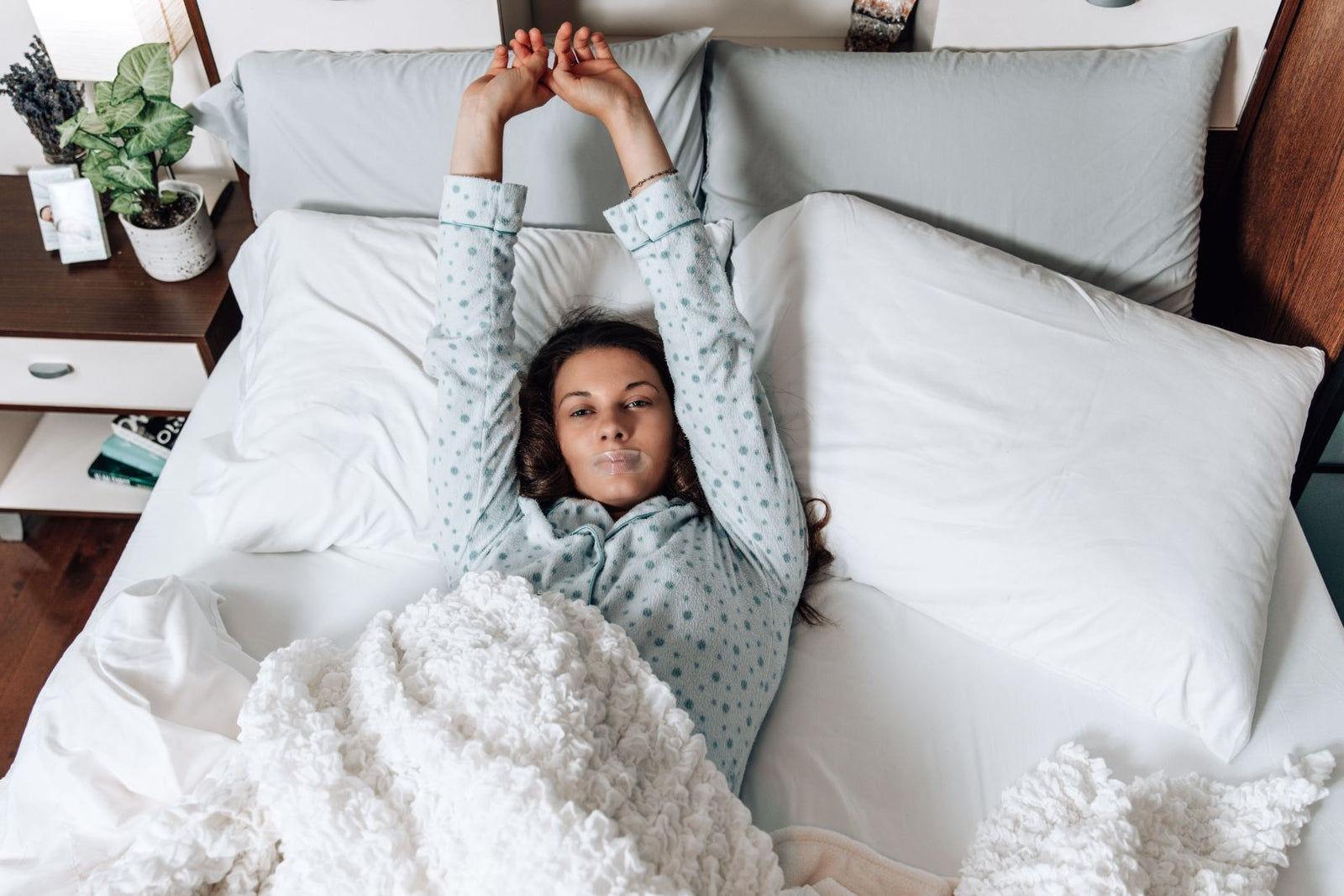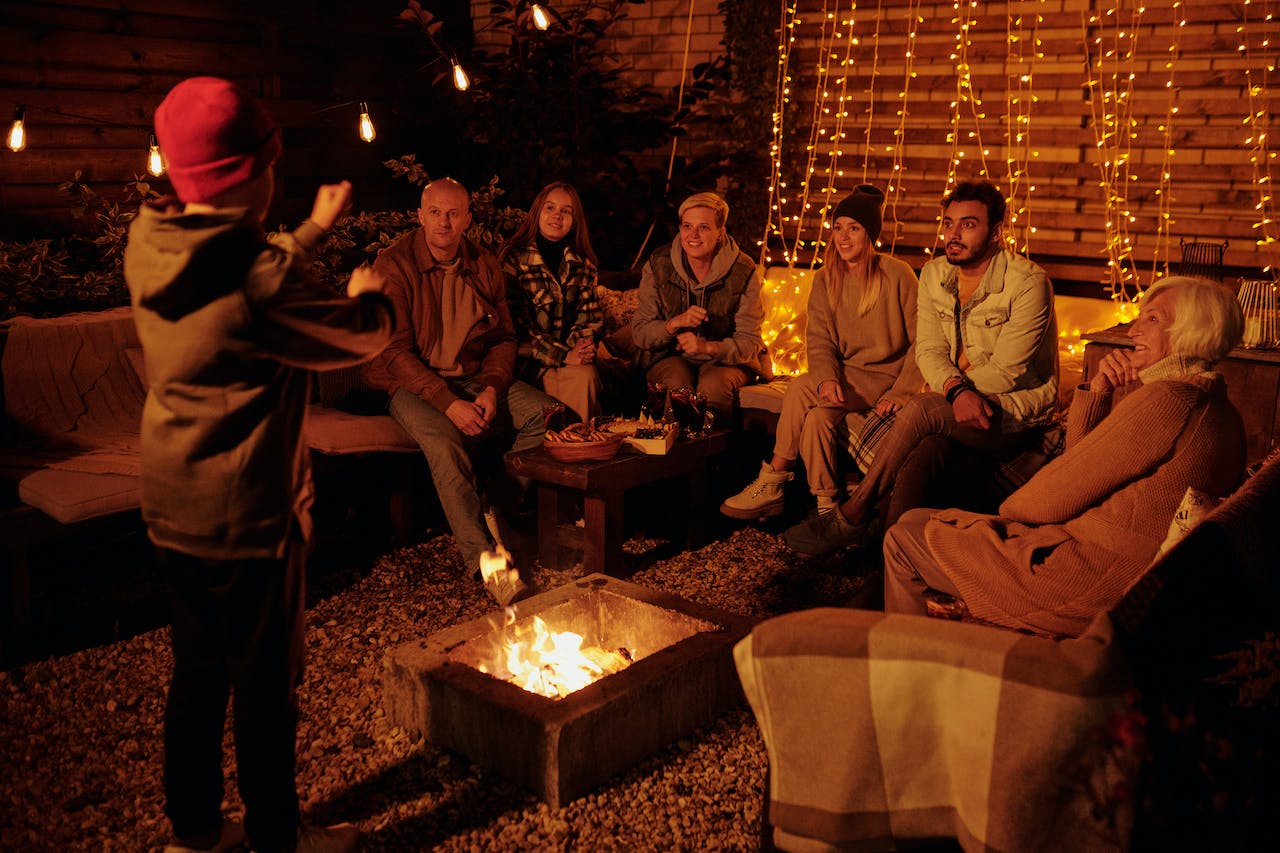At first thought, mouth breathing seems like an innocent action that can’t cause any harm. Why should it matter how air enters your body and lungs? The method isn’t important as long as it gets there, right? Wrong. Mouth breathing is extremely harmful to your health. Yet, tons of people do it. Mouth breathing increases your risk of a large list of harmful health conditions such as sinus infections, allergies, asthma, high stress levels, and psychological conditions such as anxiety.
Since mouth breathing dries out the mouth, it can also cause serious dental problems. When your mouth is dried out, saliva can’t remove bacteria present on the teeth and gums. This can cause you to have cavities, bad breath, and even gingivitis. In serious cases, mouth breathing can cause ear and throat infections. Mouth breathing can also cause you to have low oxygen levels throughout the body and in the blood. This means a greater chance of developing hypertension or various heart conditions. Concerned yet? It keeps going...

Lung function decreases during mouth breathing, making respiratory issues like asthma even worse than they are at their base level. Children who mouth breathe can develop facial deformities such as an overbite, a narrow mouth, or a long and narrow face. In some cases, deformities become so severe that surgery is required to correct them. Poor posture is also common in children who mouth breathe.
So how do you know if you’re mouth breathing, especially in your sleep? Well, if you wake up with a dry mouth, have brain fog throughout the day, have bad breath often, or wake up feeling tired, mouth breathing may be to blame.
Nose Breathing is King
It’s important to breathe through the nose as much as possible to help lubricate your passageways and keep your sinuses moisturized. Since the nostrils add humidity to the breath and filter out harmful particles in the air, including bacteria, nasal breathing can even help to boost your immune system. Nasal breathing promotes nitric oxide production, which helps to manage oxygen levels, heart health, and cognitive function. You’re probably wondering how to breathe through your nose instead of your mouth. Well, you can start by training your tongue.
Try Tongue Exercises
The tongue is a muscle, so it makes sense that you can train and strengthen it just like any other muscle in your body. One quick way to prevent mouth breathing and snoring during sleep is to tone your tongue with some quick exercises that you can develop into your everyday routine. By strengthening the tongue and surrounding muscles that hold open your airway at night, you can improve your sleep and stop snoring for good. If you have sleep apnea, a strong tongue is key to alleviating some of the challenges associated with the condition.
These exercises should be completed at least twice per day and should help you to hold your tongue up on the roof of your mouth where it belongs. This teaches your airway to remain open instead of closing in on itself. Begin by holding your tongue back behind your two front teeth. Press the tongue upward and hold the pose for at least three minutes. The next exercise involves a spoon. Take the spoon and hold it upside down at the top of your mouth with your tongue for at least two minutes. Repeat at least twice per day. You can also tap your tongue in the same area behind the teeth and make a whispered “tap” sound with each motion. Touch the tongue to this spot at least twenty times. It’s also helpful to consider some physical aids to use in conjunction with daily tongue strengthening exercises.
Use Physical Aids During Sleep
Since we don’t have conscious control over our mouths during sleep, physical aids are a great way to help keep your mouth closed at night. If you haven’t been tested for sleep apnea, it’s important to rule the condition out. Your physician will order a sleep study to determine whether or not you have sleep apnea. If you do, a continuous positive airway pressure (CPAP) machine is the leading physical aid for treating the disorder. Some people use chin straps with their CPAP machines, which loop around the top of your head and have a strap that runs underneath the chin. Chin straps can be used on their own as well, but they can be an uncomfortable choice.
Another great physical tool that almost anyone can use to stop mouth breathing during sleep is mouth tape. This is arguably the easiest way to stop mouth breathing during sleep because it requires almost no effort. It’s a great alternative to a chin strap because it allows you to move around in your sleep without feeling restricted or uncomfortable. This concept works in the exact same manner as it sounds: you tape your mouth shut before you fall asleep to keep it from falling open throughout the night. All you have to do is pop a strip on your mouth before bed and doze off to ensure that your breath comes from the nose only.
Tape Your Mouth Shut at Night (Seriously)
Sleeping with your mouth open is a common habit that’s difficult to break. It’s harmful to your dental health, as well as the overall condition of your entire body. When learning how to breathe through the nose instead of the mouth, it’s important to find the method that works best for you. There are many tongue exercises and physical aids that can help you strengthen your tongue and keep your airways open. Mouth tape is the easiest option because it requires the least amount of work. The only steps required to reach nasal breathing during sleep are peeling and sticking!





